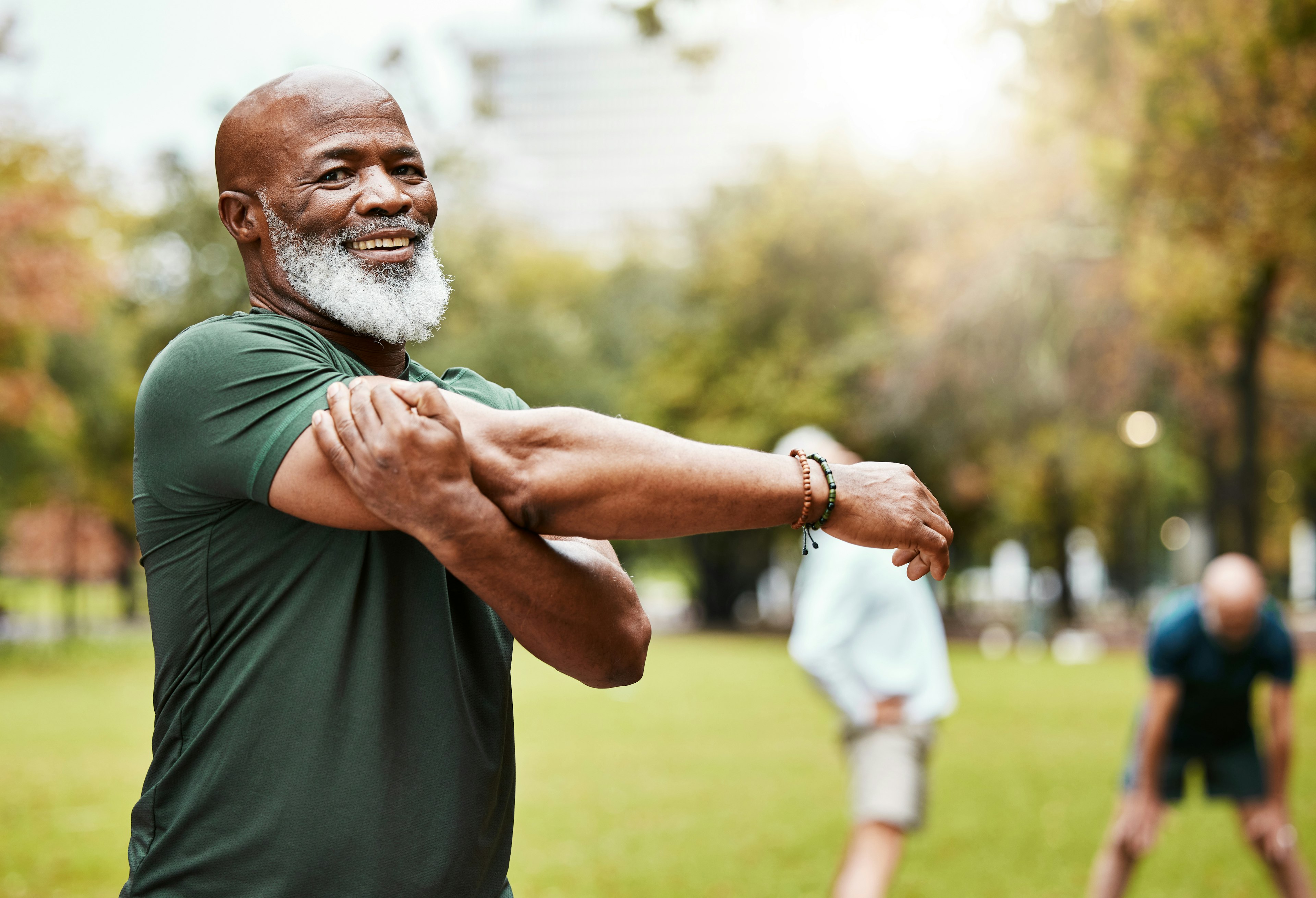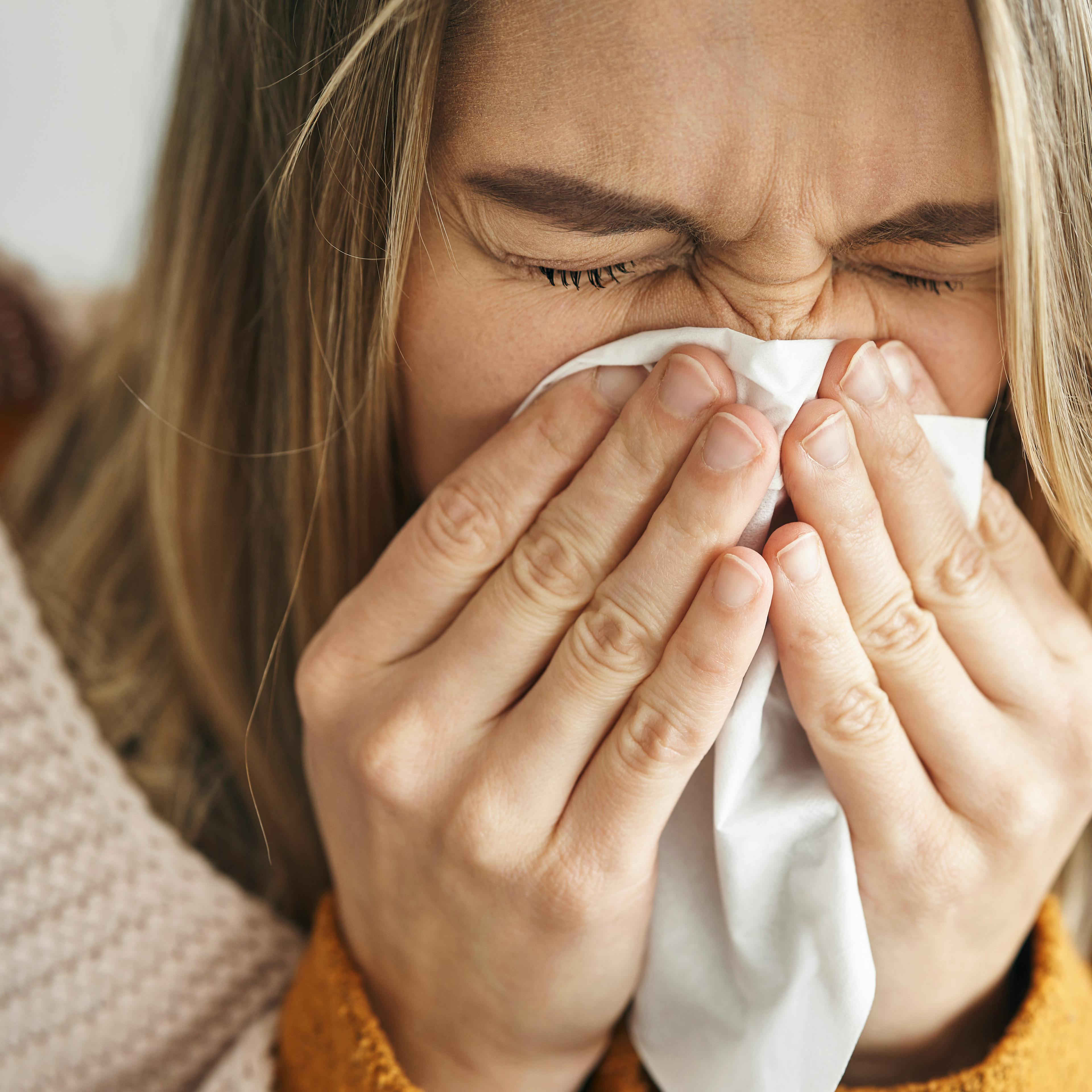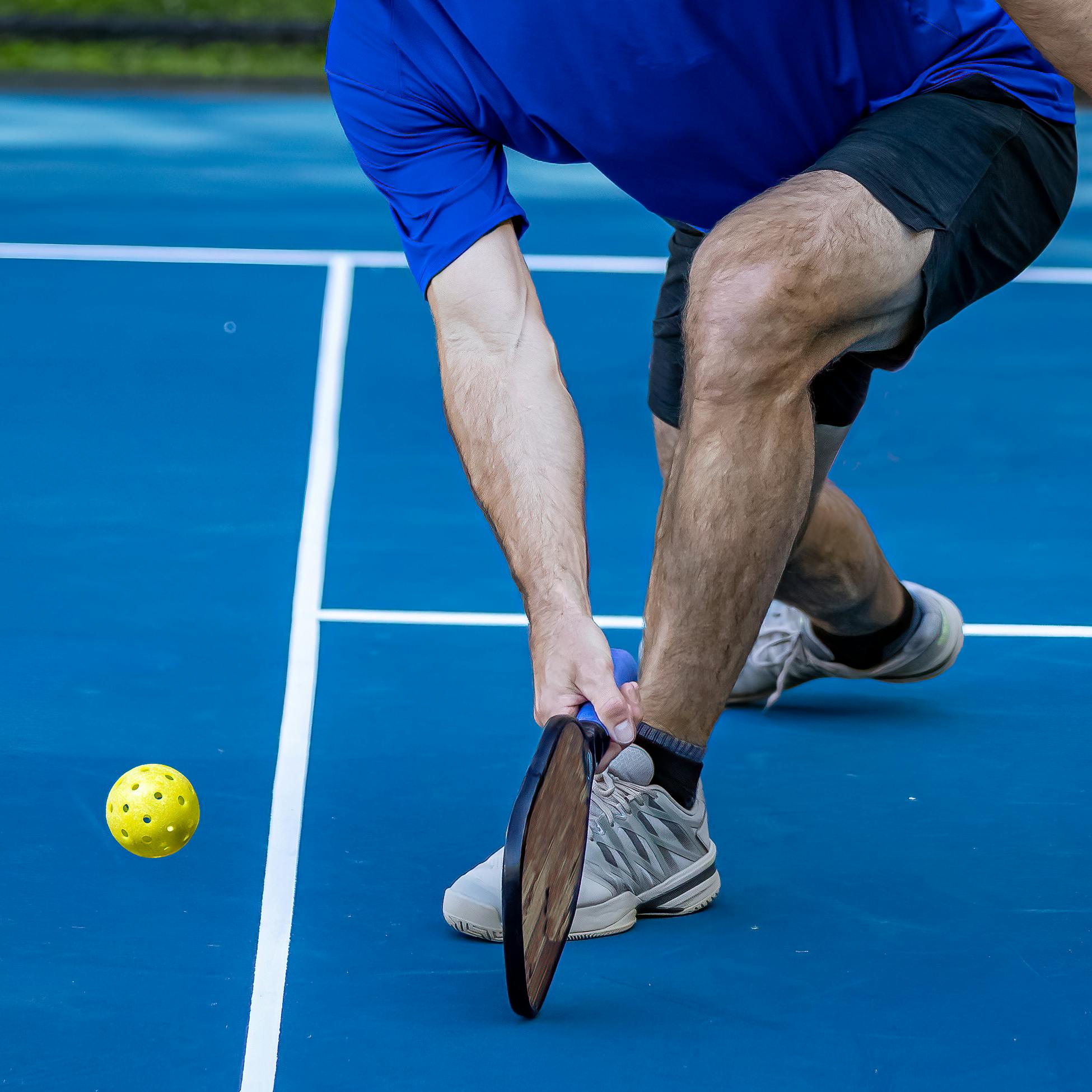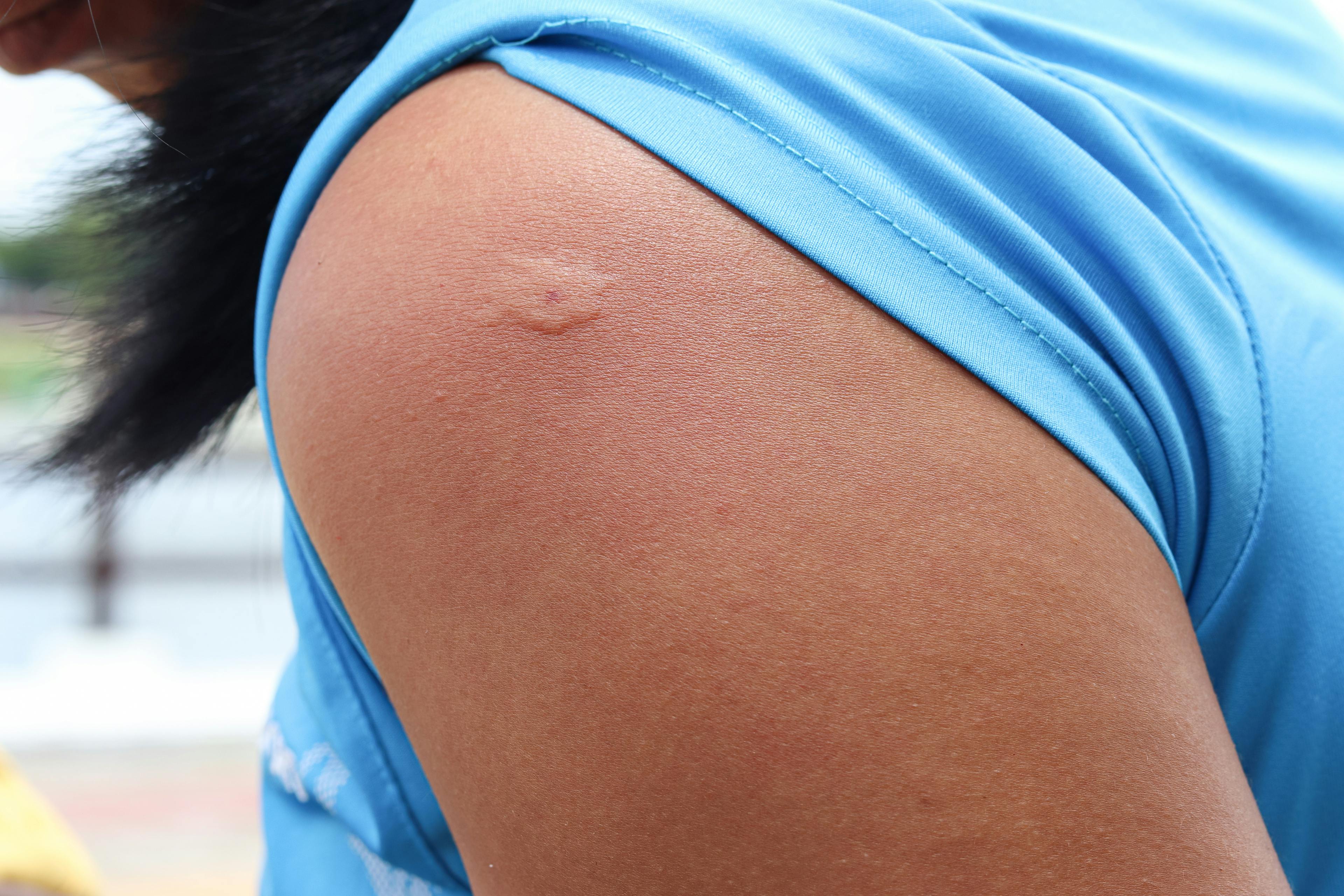Arthritis is a broad term that includes over 100 conditions affecting the joints. The two most common types are rheumatoid arthritis (RA) and osteoarthritis (OA). Both can cause morning stiffness, joint pain, and reduced mobility—but their causes and treatment approaches differ.
Rheumatoid Arthritis (RA)
RA is a chronic autoimmune condition that causes your immune system to attack the lining of your joints. Over time, this can lead to inflammation, joint damage, and pain throughout the body.
RA can also affect other organs, including the skin, lungs, heart, and eyes.
What Causes Rheumatoid Arthritis?
The exact cause of RA isn’t fully understood, but genetics, environmental exposure, and lifestyle may contribute.
Smoking is a major lifestyle risk factor. Long-term smoking increases the risk of developing RA and worsens outcomes. If you stop smoking, it can not only improve your rheumatoid arthritis, but your overall health will improve, and it may prevent you from getting other life-threatening diseases.
Symptoms of RA
- Pain and stiffness, especially in smaller joints (hands, wrists, elbows)
- Swelling, tenderness, or joint weakness
- Fatigue, malaise, or anemia
- Redness, lumps, or deformity
- Flare-ups and dry mouth
- Tingling or “pins and needles” sensations
Osteoarthritis (OA)
OA is the most common form of arthritis and typically results from wear and tear on the joints over time. It primarily affects weight-bearing joints such as the knees, hips, and spine, but it can also occur in the hands and feet.
Unlike RA, OA is not an autoimmune disease—it’s caused by joint cartilage breaking down.
Symptoms of OA
- Joint stiffness after rest, especially in the morning
- Pain during or after movement
- Reduced flexibility or range of motion
- A grating sensation or bone spurs
- Swelling near affected joints
What Causes Morning Stiffness?
Morning stiffness is a hallmark symptom of both RA and OA. In RA, stiffness tends to last 45–90 minutes or longer, while in OA, it typically resolves within 30 minutes but can return throughout the day.
Strategies to Reduce Morning Stiffness
1. Stay Hydrated
“Most people do not drink enough water to stay properly hydrated,” says Dr. Naser Elkhalili, rheumatologist at CLS Health.
Proper water intake helps keep joints lubricated and may help prevent arthritis flare-ups. Drinking water before meals can also support weight loss, reducing pressure on joints.
2. Choose an Anti-Inflammatory Diet
“Foods with a high glycemic index—like sugar and starches—lead to inflammation and make arthritis worse,” Dr. Elkhalili explains.
Comfort foods aren’t comforting to your joints. Stick with healthy fats, vegetables, nuts, seeds, fruits, and quality protein to fight inflammation and stay lean.
3. Warmth Helps
Apply heat in the morning to ease stiffness:
- Heated mattress pads
- Warm clothing
- A warm bath or shower
- Warm packs, especially for hands and feet
4. Try Gentle Movement
Dr. Elkhalili recommends stretching before you get out of bed or using NSAIDs to ease morning pain.
Stretching and Exercise for Arthritis Relief
Exercise and stretching relieve pain from both rheumatoid arthritis and osteoarthritis. It can also help reduce symptoms or decrease stiffness.
Helpful Stretching Exercises:
- Hamstring stretch
- Calf stretch
- Shoulder rolls
- Arm rolls
Low-Impact Activities:
- Yoga
- Tai Chi
- Swimming
- Biking
“Proper strength training builds muscle to support joints, improve balance, and reduce injury risk,” says Dr. Elkhalili.
Strength training, especially for hips and knees, can help alleviate arthritis symptoms.
When to See a Rheumatologist
If you're experiencing persistent joint pain, stiffness, or other signs of arthritis—whether it’s RA or OA—it’s important to get an accurate diagnosis and a personalized treatment plan. Visit CLS Health Rheumatology Associates at our 5 Houston-area arthritis clinics and get support tailored to your condition.





